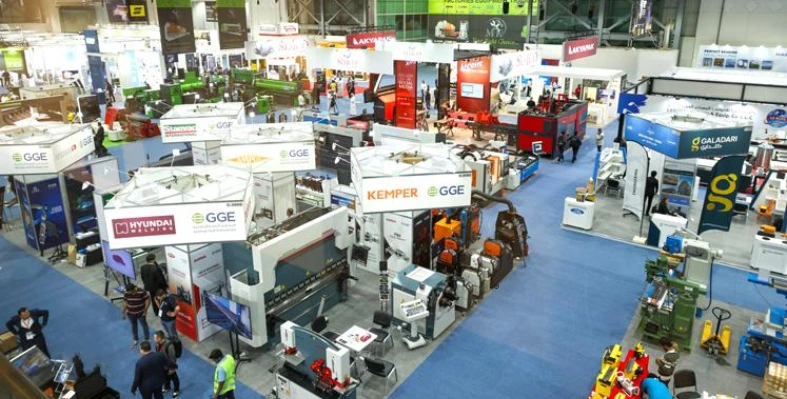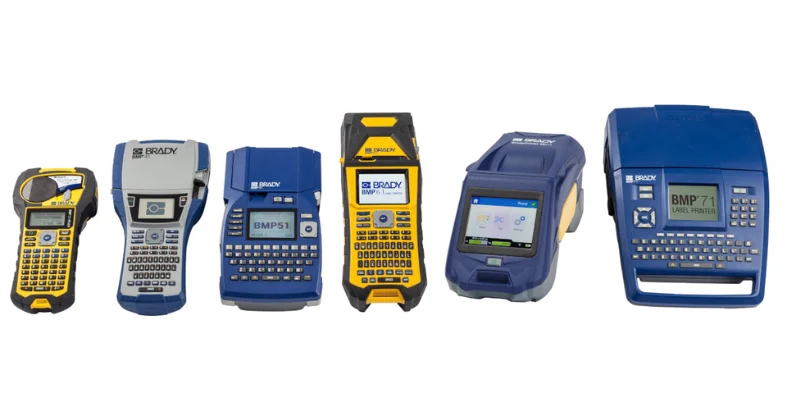The region’s leading exhibition for metalworking, metal manufacturing, and steel fabrication will return to Sharjah in January 2026, highlighting the UAE’s growing industrial strength and its commitment to safety, efficiency, and sustainability in advanced manufacturing.
Now in its 21st edition, SteelFab 2026 will be held at Expo Centre Sharjah from 12-15 January, bringing together global industry leaders to showcase cutting-edge fabrication technologies, machinery, and safety-focused industrial solutions.
Sharjah’s rapidly growing economy, bolstered by a 361% surge in foreign direct investment to US$1.5bn in the first half of 2025, further underlines the significance of the event. The emirate’s expanding industrial base and strong infrastructure continue to attract global manufacturers and suppliers, reinforcing its role as a hub for innovation and safe production practices.
“SteelFab continues to grow in relevance as the UAE intensifies its focus on industrial development and global trade partnerships,” said H.E. Saif Mohamed Al Midfa, CEO, Expo Centre Sharjah.
“The UAE’s industrial sector is witnessing unprecedented growth. The event reflects the country’s strategic direction, where policy support, innovation, and international collaboration are driving a new era of industrial growth and competitiveness.”
The UAE’s industrial outlook remains optimistic, with GDP forecast to grow by 4.9% in 2025 and 5.3% in 2026. With over US$11bn in financing directed toward industrial companies, the country’s manufacturing ecosystem is poised for expansion, underpinned by strong regulatory standards and safety-driven innovation.

“The exhibition will feature next-generation solutions—from robotics, smart manufacturing, and inline metrology to noncontact measurement and portable 3D scanning, that enhance precision and reduce waste. Sustainability will be central, with energy-efficient tools and lifecycle analysis strategies. By blending automation with human expertise, SteelFab 2026 positions itself as the definitive venue for fabricators seeking resilience and future-ready operations,” said Sultan Shattaf, commercial director of Expo Centre Sharjah.
A major highlight will be the 5th Best Welder Competition, sponsored by ESAB, spotlighting top talent and promoting safety in welding and cutting operations through advanced robotic technologies.
Building on the record-breaking success of its 20th edition, which attracted over 350 exhibitors from 33 countries, SteelFab 2026 is expected to host more than 650 leading brands and showcase the innovations shaping the future of safe, efficient, and sustainable manufacturing.











